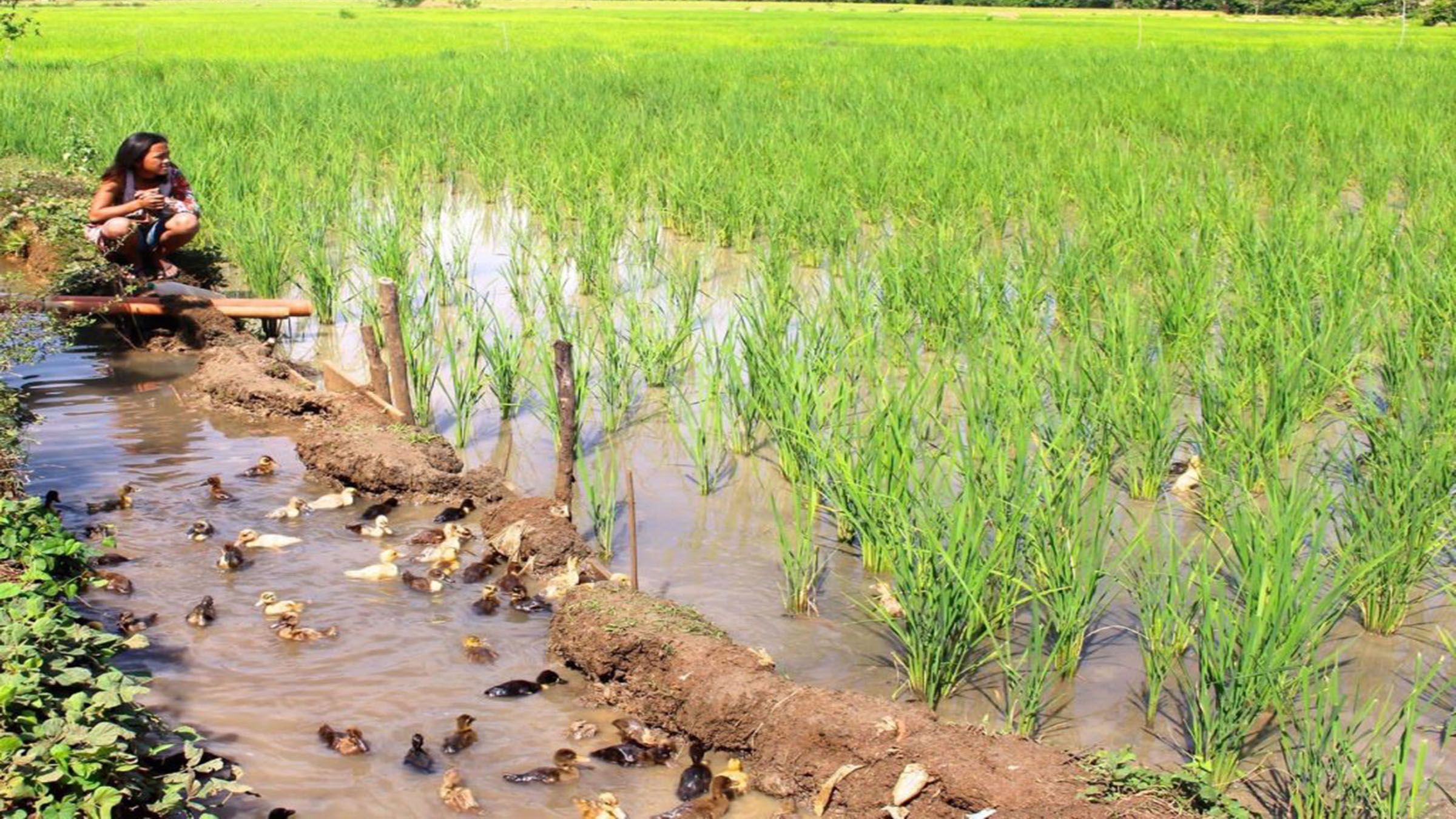Though chicken meat is the preferred delicacy on many tables, eateries and restaurants in the Philippines, duck meat can also be an alternative source of protein and iron. Duck eggs can also be a good source of B Vitamins, protein, iron, Vitamin A, and folate, among others.
According to a 2022 Philippine Statistics Authority (PSA) report, farmgate price of liveweight ducks was pegged at P185.85 per kilo, relatively higher than chicken meat’s P115.586 price in the same year. Having that in mind, how can the duck-industry in the Philippines draw a relative advantage in the development of the country's integrated farming system?
The Department of Agriculture Regional Field Office IV-A (DA RFO IV-A) shared possible benefits of the rice-duck farming system in the Philippines.
In the Philippines, it’s common practice for rice farmers to plough the field before sowing palay seeds.However, the prepared field can host duck cages where the animals can also do farmwork of ploughing which would help in the planting and harvesting season—the very idea of rice-duck farming system.
This farming system can easily exterminate snails and other pests in the rice field.
According to DA RFO 4-A, the benefits of this farming technique will lessen the production costs of palay and generate natural fertilizer from the duck manure.
Greenhouse gases coming from fertilizers and pesticides can also be lessened.
According to DA RFO 4-A the effectiveness of this farming system was attested by 50 farmers' cooperatives and associations in the Calabarzon region. Theyreported an increase in profit, production rate and improved food security.

